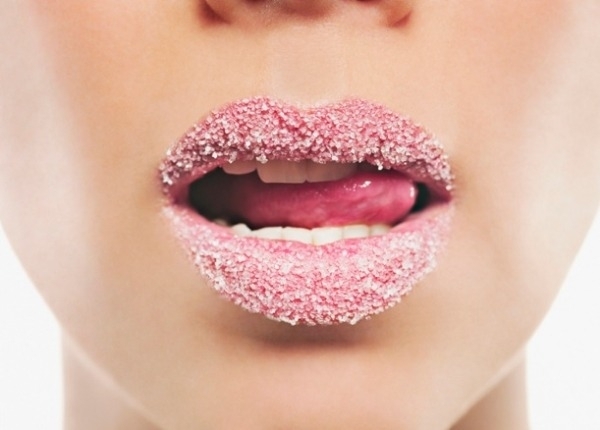Blog

Understanding how sugar ages your skin
Wednesday 16th November 2016
It has been a question fought over for many years, and I'm sure we have all heard in our life "Too many sweets willl give you spots..." but what is the real truth behind sugar and skin aging.
To understand this question better, we first need to understand our skin.
The skin is the largest organ in the body, and is our exterior protection against environmental stressors, so there are a lot of external factors that can influence skin aging. Hereditary factors, sun exposure and diet can all accelerate the aging process. Just like any other organ in our bodies though, what you put in must come out and sometimes that can be evident on our skin.
For example, It is well known the human body is made up of a lot of water, 55% - 70% to be exact. So if you choose not to drink enough water, or consume liquids that have a durietic effect on the body you will become dehydrated. This can then become apparent on your skin as it begins to feel dry, fine lines can appear and it looks "prune like".
If we apply this theory to the food we eat, we are able to understand how a poor diet can negatively affect the overall condition of your skin.
Whilst researching for this blog post topic I came across an article written by an American Dermatolgist who explained the aging process caused by sugar beautifully.
"At blame is a natural process that's known as glycation, in which the sugar in your bloodstream attaches to proteins to form harmful new molecules called advanced glycation end products (or, appropriately, AGEs for short). The more sugar you eat, the more AGEs you develop. As AGEs accumulate, they damage adjacent proteins in a domino-like fashion," explains Fredric Brandt, MD, a dermatologist in private practice in Miami and New York City.
You know what the the most vulnerable proteins to damage are.... collagen and elastin - the two most important proteins for skin elasticity and firmness, and are at the centre of skin aging. Whilst topical creams and oral supplements will help with natural collagen production within the body, if you are constantly inducing the destruction of natural collagen and elastin proteins you will find yourself fighting a losing battle.
It is never too late to turn back the clock with a sugar aged skin, and of course we advocate for everything in moderation, but next time you reach for that 100th jelly bean this Christmas perhaps take a thought for your collagen proteins!

